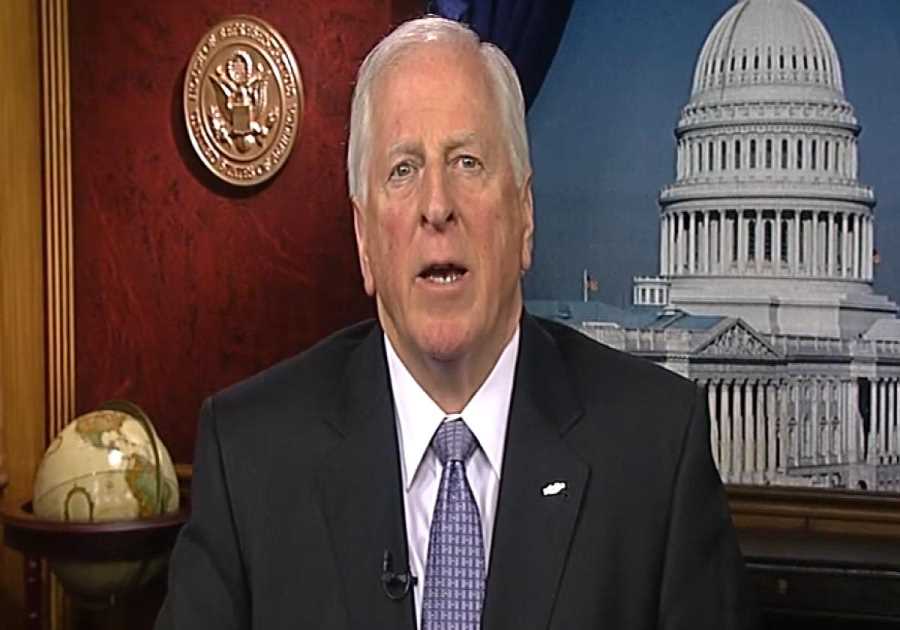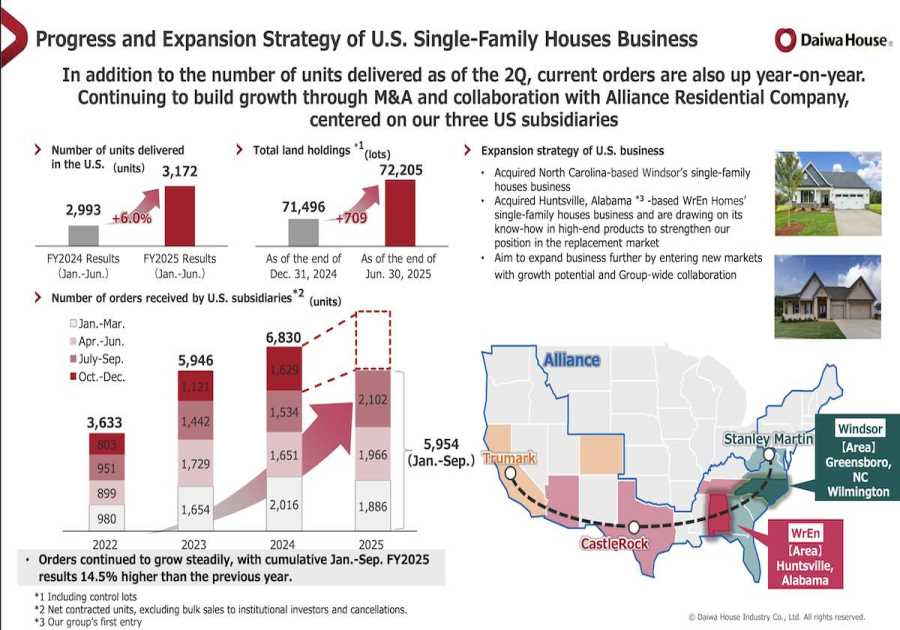A debate that will divide economists and business leaders the world over – but should businesses invest in financial technology and systems on the brink of a recession?
Phil Douglas, Chief Executive Officer at Compleat Software, the purchase to pay software house, explains that businesses should consider a recession the ideal time to invest in their financial tech, systems and people.
Let’s put this into context…
Taking a stroll through history and previous recessions have demonstrated that while the conditions responsible for their creation are different in nearly every case, the customer response is usually the same – they want service and support.
When it hits the fan, businesses need to be prepared in order not to be left behind.
Smart investments can help them be prepared for this, as well as the brave new world to come post recession.
So, the question is should businesses tighten their purse strings, or raise that P/O…
Why exactly should businesses invest?
In times of recession businesses of all sectors and types can be hit hard – yet by taking certain measures to invest in the right areas, businesses can come out stronger.
These opportunities come from economic changes that occur during a downturn – this is about businesses understanding the situation and being able to see through it, to several years ahead.
The savvy C-Suite can take advantage of these opportunities to grow their businesses, keep profits up, innovate their products and services, or even expand their market share during a time when other businesses are consolidating, or even stagnating.
An economic downturn of course forces businesses to buckle up their belts – forcing their thought process to shift and look for any way to trim the operating budget that they can – but is this the best course of action?
Better to be prepared, right?
For companies anticipating the next recession, digital technologies will provide new ways to move faster and simplify their businesses with both step-change and continuous improvements.
One of the quickest ways to reduce the operating budget is to streamline as many tasks as possible through automation.
No matter what industry you’re in, things like onboarding, payroll, attendance, and employee management can be massive time wasters, even for smaller businesses.
In fact, according to one recent study, the majority of managers are wasting about right hours per week on tasks that could be automated!
Making the smart investment
Investing without a real plan can prove detrimental for a business and I implore leaders to take a wide look at their company and pinpoint exact areas where technology can help their business grow.
This is where smart investment in financial technology, such as automating accounts payable (AP) processes should be an essential part of a business’ strategic plan.
Automation is of course not a silver bullet to fight off a recession. However, it is one of the best ways to deal with the impacts of economic uncertainty and by reviewing the routine tasks your teams complete each month, including AP, require a large time investment – and technology can help you complete more work in less time.
Automation is not just about the use of machines – it is about improving processes to make everything more efficient and seeks to boost efficiency and lower costs of production to make up for the scarcity of raw materials products and services, set against and the decreasing prices of products sold in the market during a recession and immediately afterwards.
Automation gives businesses more time to focus on strategy, growth, managing team’s needs and helping the business to perform well.
Incorporating automation technologies into financial processes can help to increase agility, lower costs, improve productivity, reduce delays, minimise errors, and ultimately improve customer satisfaction.
Especially given that the process of validating and paying supplier invoices for goods received is vital to ensure the validity of procured items, the accuracy of billed amounts, and timeliness of payments to avoid late fees and interest charges.
The AP department typically dedicates significant resources to manually setting up new supplier accounts, entering information from invoices, matching billed amounts to purchase orders, and authorising payments.
Automating accounts payable tasks such as updating supplier details, extracting invoice information, and validating amounts to improve the efficiency of this process and avoid overpayments.
Tighten those purse strings, or raise that P/O?
Investing in the right technology during a crisis can better prepare companies for the moment after it is over.
As an added benefit, technology tends to be less expensive during an economic downturn as many providers recognise that businesses are conserving capital to stay liquid during tough economic times.
It’s a great time to lock-in low subscription costs with a multi-year subscription for important software purchases.
With another economic downturn very much on the cards, if businesses can focus on investing in the right financial technology at the right time – this could make all the difference to not just the here and now, but the future.
So, are you going to tighten those purse strings, or raise that P/O?
By Phil Douglas, Chief Executive Officer at Compleat Software, the purchase-to-pay software house, explains that businesses should consider a recession the ideal time to invest in their financial tech, systems and people.

.png)





